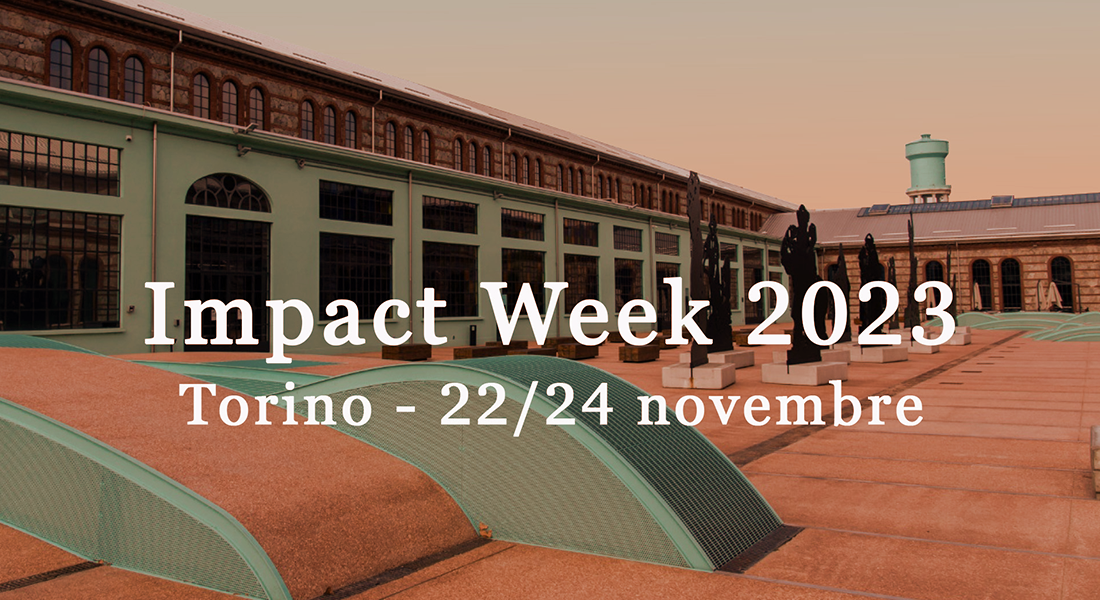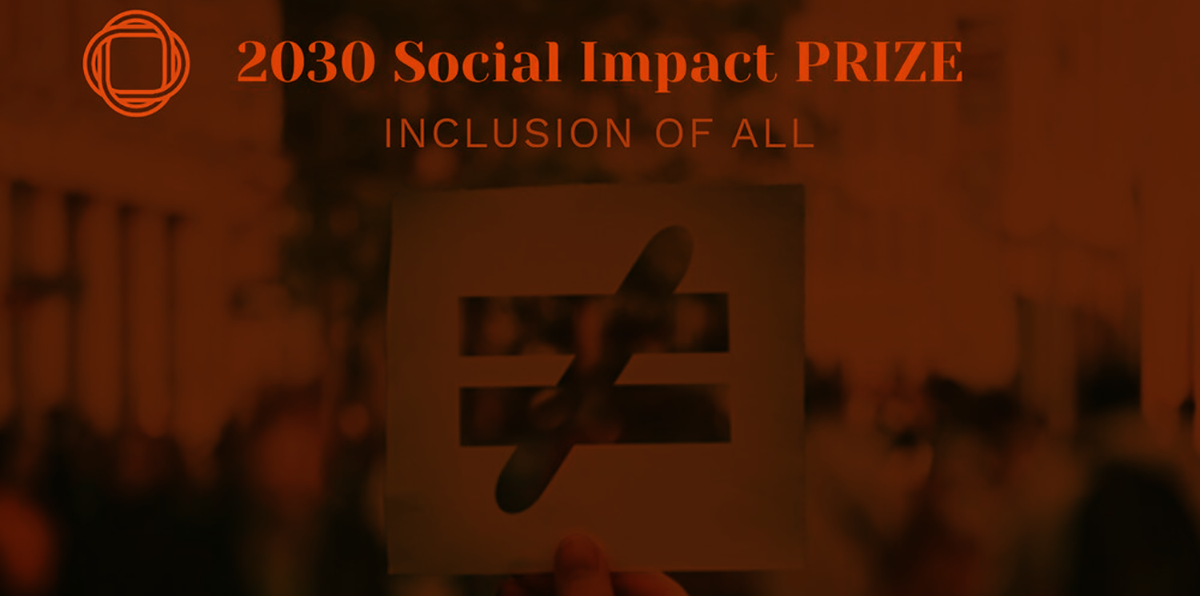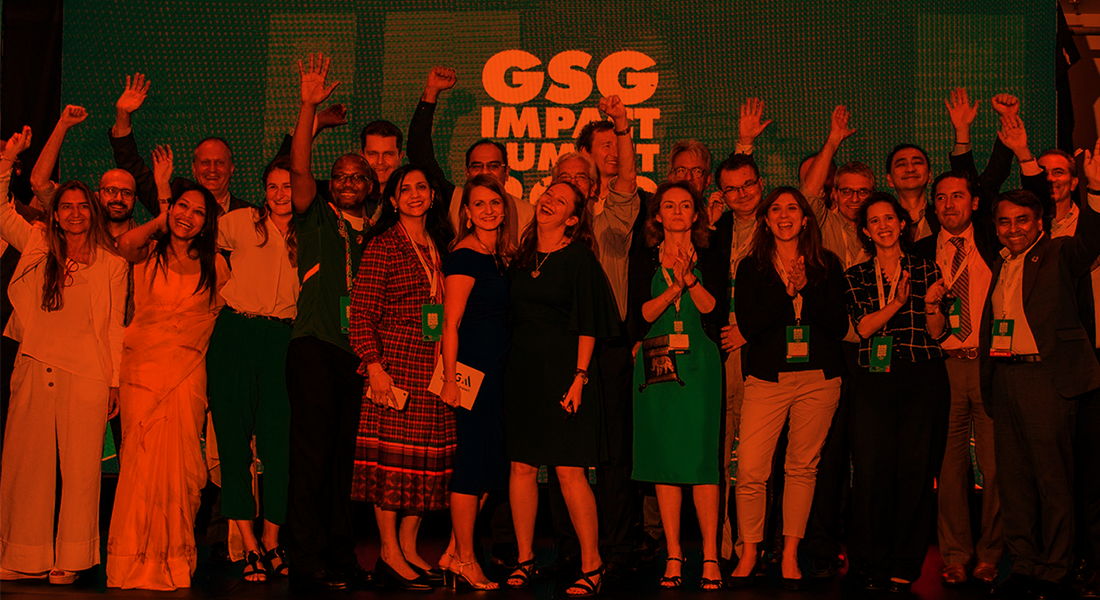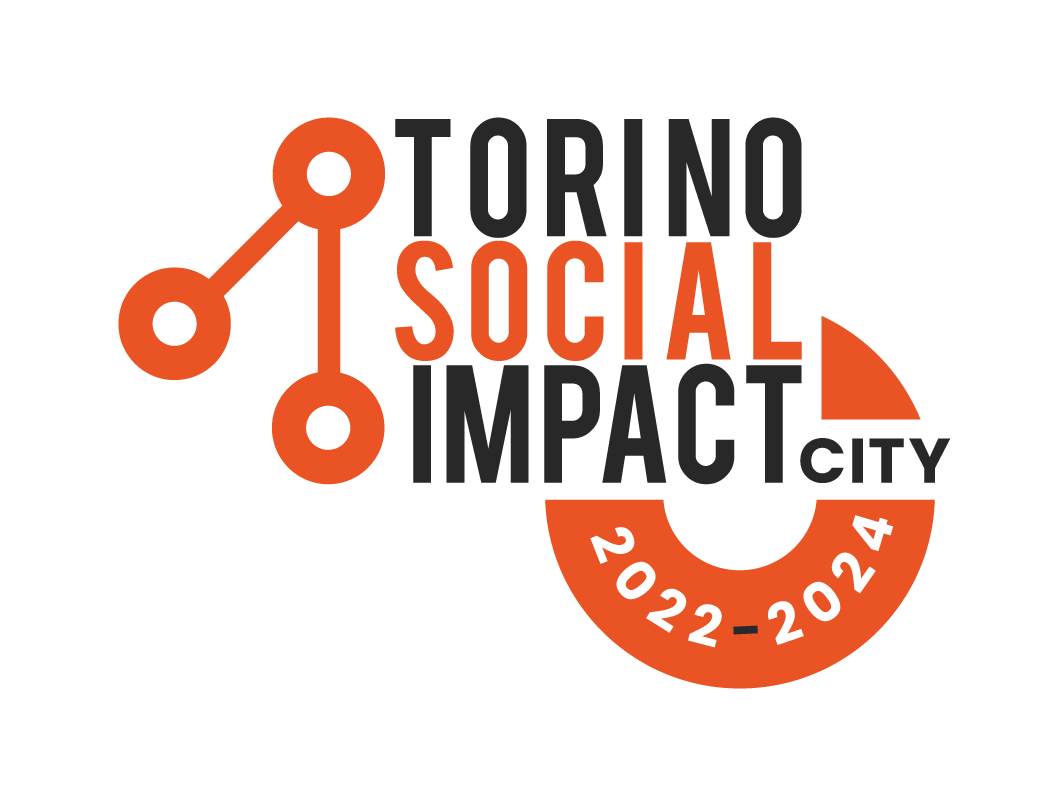The stakeholder consultation on the social taxonomy held by the EU Platform on Sustainable Finance has been closed on Sept. 6. The Social Impact Agenda for Italy did participate. What is it about?
In July 2020 a European Taxonomy Regulation for sustainable activities entered into force. It establishes the basis for the EU taxonomy by setting out 4 overarching conditions that an economic activity has to meet in order to qualify as environmentally sustainable. The initiative is based on the assumption that in order to meet the EU’s climate and energy targets for 2030 and reach the objectives of the European green deal, it is vital to direct investments towards sustainable projects and activities. To achieve this, a common language and a clear definition of what is ‘sustainable’ is needed. This is why the EU action plan on financing sustainable growth called for the creation of a common classification system for sustainable economic activities, or an “EU taxonomy.
The EU taxonomy would provide companies, investors and policymakers with appropriate definitions for which economic activities can be considered environmentally sustainable. In this way, it should create security for investors, protect private investors from greenwashing, help companies to become more climate-friendly, mitigate market fragmentation and help shift investments where they are most needed.
The development of the EU taxonomy relies on extensive input from experts from across the economy and civil society. This is why the Platform on Sustainable Finance, an advisory body composed of expert groups, has been tasked with advising the European Commission on further developing the EU taxonomy, improving its usability and exploring its expansion to social objectives, activities that significantly harm the environment or activities that are neutral towards the environment.
The first draft report argues that in the face of a pandemic, unanswered social questions around a sustainable transition, continuing human rights abuses and continuously rising costs for housing, it is important to identify economic activities that contribute to advancing social objectives. The draft report argues that a social taxonomy would help investors to identify opportunities to finance solutions around ensuring decent work, enabling inclusive and sustainable communities and affordable healthcare and housing.
The second Draft report on taxonomy extension options linked to environmental objectives focusses on support for the environmental transition needed in the whole economy – it recommends further clarity on both: activities that are significantly harmful to environmental sustainability, and those that have no significant impact on it. The aim is to support transitions in areas currently of “significant harm”. They should transition to a level that at least does not cause significant harm, even if they do not actually reach substantial contribution (green).
The Platform gathered stakeholder feedback on the draft reports through two calls for feedback, which ran from 12 July to 6 September 2021. The Social Impact Agenda Italia has contributed to the consultation.
After considering the stakeholder input, the Platform will submit final reports with their advice to the Commission in autumn 2021. The Commission will analyse and consider these reports in view of the continuous development of the EU taxonomy, as anticipated in the new strategy for financing the transition to a sustainable economy.
As a result of more than a year of work, the platform shared the EU taxonomy linked to social objectives in the Social Taxonomy Report published on February 28, 2022.
Archivio:
 New legal opinion on true and fair shows company directors how to include sustainability in their financial accounts22 February 2024
New legal opinion on true and fair shows company directors how to include sustainability in their financial accounts22 February 2024 Corporate sustainability due diligence14 December 2023
Corporate sustainability due diligence14 December 2023 Introducing the Impact Taskforce (ITF) State of Play 202312 December 2023
Introducing the Impact Taskforce (ITF) State of Play 202312 December 2023 Coke launches $137.7m sustainability fund15 September 2023
Coke launches $137.7m sustainability fund15 September 2023 Impact Investing UK case study repository15 September 2023
Impact Investing UK case study repository15 September 2023 European Commission adopted a Proposal for non-profit associations13 September 2023
European Commission adopted a Proposal for non-profit associations13 September 2023 Historic moment for the Social and Solidarity Economy: the UN General Assembly adopts a resolution17 June 2023
Historic moment for the Social and Solidarity Economy: the UN General Assembly adopts a resolution17 June 2023 The Commission approves a proposal for Council recommendation for Member States on developing social economy framework conditions17 June 2023
The Commission approves a proposal for Council recommendation for Member States on developing social economy framework conditions17 June 2023 Updates from the ISSB Board for the issuing of global sustainability standards on January 202428 February 2023
Updates from the ISSB Board for the issuing of global sustainability standards on January 202428 February 2023 In 2023, Turin will be the European capital of social and environmental impact finance19 December 2022
In 2023, Turin will be the European capital of social and environmental impact finance19 December 2022 Turn in European social procurement policies16 December 2022
Turn in European social procurement policies16 December 2022 The transition pathway for proximity & social economy15 December 2022
The transition pathway for proximity & social economy15 December 2022 Social Value Matters Europe in October in Turin27 June 2022
Social Value Matters Europe in October in Turin27 June 2022 The Global Citizen Impact Funds02 May 2022
The Global Citizen Impact Funds02 May 2022 Mayors, unions and the International Energy Agency join forces to boost a just energy transition02 May 2022
Mayors, unions and the International Energy Agency join forces to boost a just energy transition02 May 2022 Social impact integrates the new European innovation ecosystems09 February 2022
Social impact integrates the new European innovation ecosystems09 February 2022 EU co-creation of the proximity and social economy ecosystem09 February 2022
EU co-creation of the proximity and social economy ecosystem09 February 2022 The Impact Taskforce: time to deliver07 February 2022
The Impact Taskforce: time to deliver07 February 2022 Italy: ten million for benefit companies10 December 2021
Italy: ten million for benefit companies10 December 2021 Peer2Peer: Amsterdam Impact29 September 2021
Peer2Peer: Amsterdam Impact29 September 2021 EVPA position paper on EU Action Plan for the Social Economy20 September 2021
EVPA position paper on EU Action Plan for the Social Economy20 September 2021 Generation Changemaker29 June 2021
Generation Changemaker29 June 2021 Social Stock Exchange, Paris launches an index for the best responsible and sustainable companies22 April 2021
Social Stock Exchange, Paris launches an index for the best responsible and sustainable companies22 April 2021 The Franchising Push for Social Impact31 March 2021
The Franchising Push for Social Impact31 March 2021 Report from the European Commission on Socially responsible public procurement (SRPP) in 27 countries22 March 2021
Report from the European Commission on Socially responsible public procurement (SRPP) in 27 countries22 March 2021 B20 at the start, in the sign of the impact revolution18 February 2021
B20 at the start, in the sign of the impact revolution18 February 2021 Everyone a Changemaker, Ashoka’s mission15 February 2021
Everyone a Changemaker, Ashoka’s mission15 February 2021 The Final Statement of The Economy of Francesco10 December 2020
The Final Statement of The Economy of Francesco10 December 2020 The Gaetano Marzotto Prize looks to social impact with the first edition of the 2030 SI Prize10 December 2020
The Gaetano Marzotto Prize looks to social impact with the first edition of the 2030 SI Prize10 December 2020 B Corp and B Movement Builders11 November 2020
B Corp and B Movement Builders11 November 2020 Road to Mannheim 2021, European Social Economy Summit08 October 2020
Road to Mannheim 2021, European Social Economy Summit08 October 2020 Responsible Banking07 October 2020
Responsible Banking07 October 2020 Cities and Social Impact Bonds05 October 2020
Cities and Social Impact Bonds05 October 2020 GSG leaders call governments for action to put impact at the heart of the Covid-19 economic recovery 30 September 2020
GSG leaders call governments for action to put impact at the heart of the Covid-19 economic recovery 30 September 2020 If not now, then when?22 May 2020
If not now, then when?22 May 2020 Sustainable finance: Commission welcomes deal on an EU-wide classification system for sustainable investments27 February 2020
Sustainable finance: Commission welcomes deal on an EU-wide classification system for sustainable investments27 February 2020 Strong Social Europe for Just Transitions27 February 2020
Strong Social Europe for Just Transitions27 February 2020 The Global Steering Group for Impact Investment18 November 2019
The Global Steering Group for Impact Investment18 November 2019



















